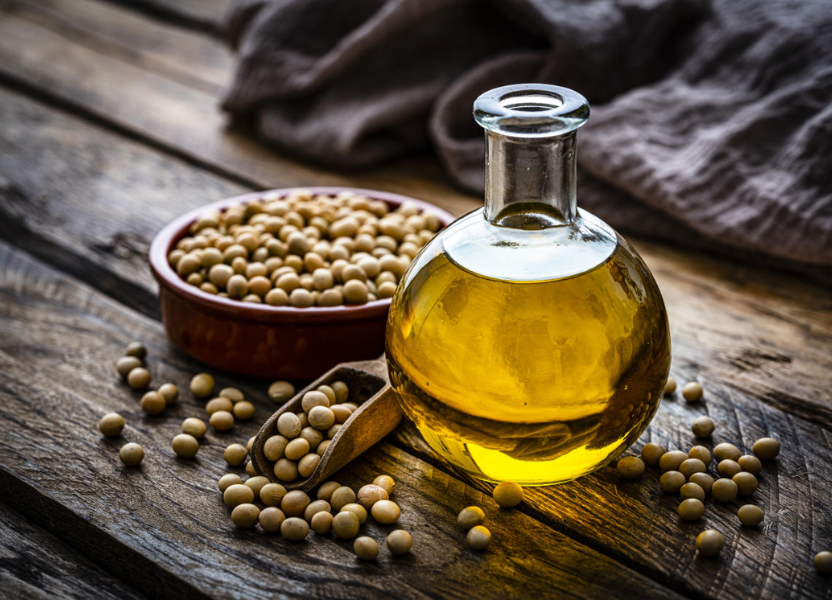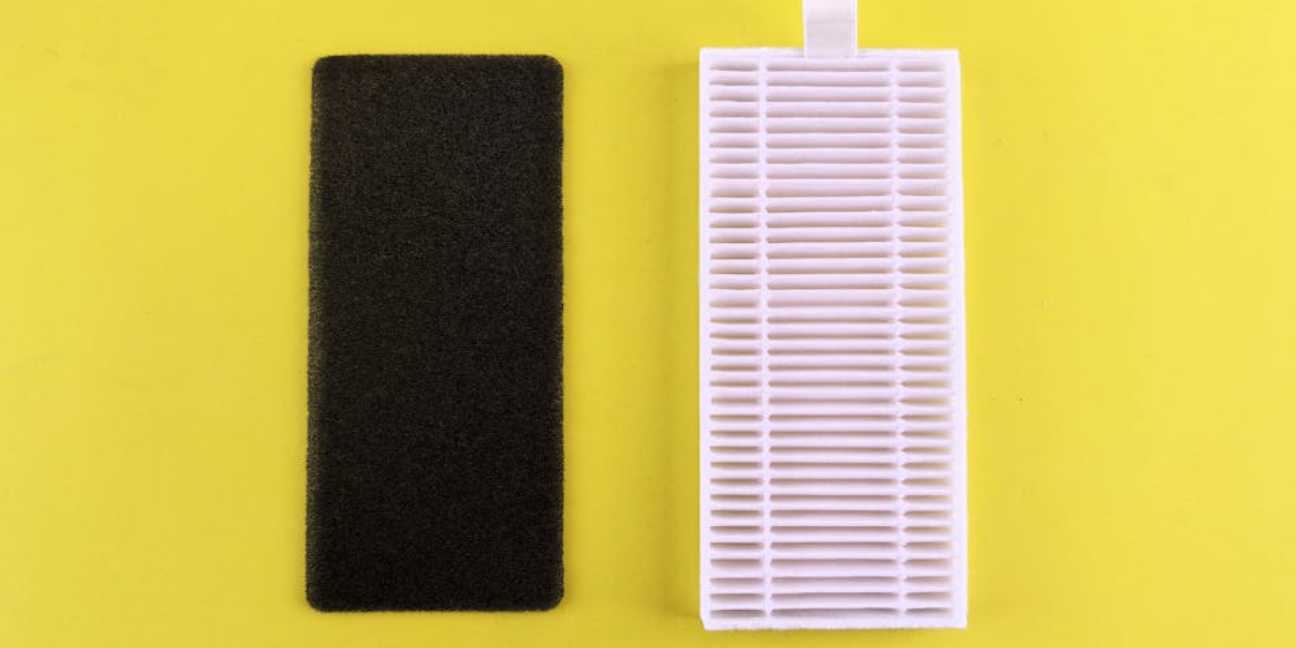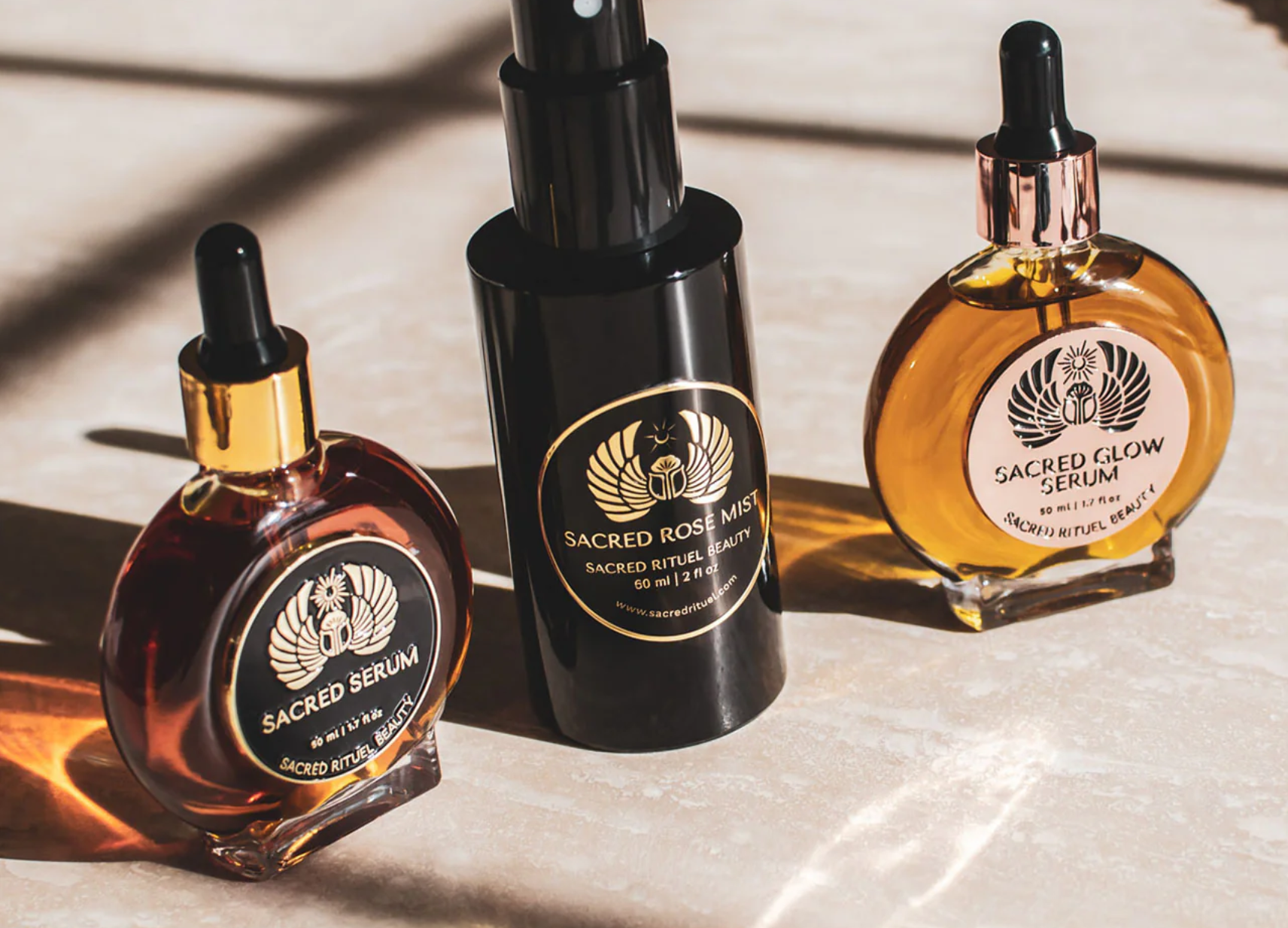The Hidden Dangers of Seed Oils and What to Use Instead
Seed oils like soybean and canola are everywhere—but are they as bad as some claim? Let’s dive into the real health effects and better options.

Seed oils are in everything. From the dressing on your so-called "healthy" salad to that bag of chips you swore was your cheat meal, these oils sneak their way into almost every processed food. But are they really as bad as some claim? Some health experts swear seed oils are inflammatory, bad for your heart, and even linked to chronic diseases. Others argue they’re just misunderstood.
So, what’s the truth? If you’ve been side-eyeing that bottle of sunflower oil in your kitchen or wondering whether pumpkin seed oil is better, it’s time to get some real answers. Let’s break down what seed oils actually are, how they impact your body, and the healthier alternatives that should be in your pantry instead.
What Are Seed Oils and Why Are They Everywhere?
Seed oils are exactly what they sound like, oils extracted from seeds. Unlike traditional fats like butter, olive oil, and coconut oil, seed oils require industrial processing to extract the oil. The process usually involves high heat, chemical solvents, and refining, making these oils vastly different from cold-pressed or naturally extracted fats.
Common Seed Oils Found in Everyday Foods
If you check food labels, you’ll see seed oils almost everywhere. Some of the most common include:
- Sunflower oil: Used in everything from snacks to skincare, but is sunflower oil bad for you? We’ll get to that.
- Soybean oil: A staple in fast food and processed snacks.
- Canola oil: Marketed as “heart-healthy” but heavily processed.
- Corn oil: Commonly found in deep-fried foods.
- Grapeseed oil: Often used for high-heat cooking.
- Pumpkin seed oil: Considered a “healthier” alternative, but does it really make the cut?
These oils are cheap, mass-produced, and have a long shelf life, which is why they dominate grocery store aisles. But that convenience comes with a price.
Are Seed Oils Bad for You or Just Misunderstood?
Here’s where things get controversial. Some health professionals claim seed oils are completely safe, while others warn that they contribute to chronic inflammation and metabolic diseases. Let’s break it down.
The Inflammation Link
One of the biggest concerns about seed oils is their high omega-6 fatty acid content. While omega-6 is an essential fat, consuming too much can throw off your body’s natural omega-6 to omega-3 ratio, leading to chronic inflammation. And inflammation? That’s linked to conditions like heart disease, obesity, and autoimmune disorders.
The Processing Problem
When seed oils are extracted, they are heavily refined. The process involves:
- High heat, which damages the oil and creates harmful byproducts.
- Chemical solvents like hexane, which leave behind trace residues.
- Deodorization, which removes the natural taste and smell but also creates trans fats, yes, the same kind linked to heart disease.
The final product? A highly processed oil stripped of nutrients and packed with unstable fats that oxidize easily, leading to inflammation when consumed regularly.
Do Seed Oils Actually Cause Disease?
Research suggests long-term consumption of highly processed seed oils may increase the risk of obesity, diabetes, and even cognitive decline. This doesn’t mean one drizzle of canola oil on your salad will ruin your health, but relying on these oils daily? That’s where the risk comes in.
So, should you be worried? If your diet is full of processed foods, fried snacks, and seed oil-heavy dressings, it may be time to rethink your fat sources.
The Top Seed Oils to Avoid for Better Health
Not all seed oils are created equal, but some are worse than others. If you’re looking to reduce inflammation and improve your overall health, here are the worst offenders:
Soybean Oil
This one is in everything, salad dressings, margarine, and even protein bars. Studies link excessive soybean oil consumption to weight gain, metabolic disorders, and inflammation.
Canola Oil
Often marketed as "heart-healthy," canola oil is one of the most processed seed oils out there. It’s often genetically modified and heavily refined, stripping away any potential benefits.
Corn Oil
Used in frying and processed snacks, corn oil is another omega-6 overload that can contribute to chronic inflammation and cardiovascular disease.
Sunflower Oil
Is sunflower oil bad for you? It depends. High-oleic sunflower oil is less inflammatory, but standard sunflower oil is loaded with unstable fats that oxidize quickly, leading to free radical damage in the body.
Grapeseed Oil
Often used in high-heat cooking, grapeseed oil contains one of the highest levels of polyunsaturated fats, making it prone to oxidation and inflammation.
These oils aren’t doing your body any favors, so what should you use instead?
Healthier Alternatives to Seed Oils
There’s good news. Plenty of healthier fats offer better stability, more nutrients, and less inflammation risk. Here’s what should be in your kitchen:
Olive Oil
A staple in Mediterranean diets, extra virgin olive oil is packed with antioxidants and healthy monounsaturated fats. It’s great for low-heat cooking, salad dressings, and drizzling over veggies.
Coconut Oil
Rich in medium-chain triglycerides (MCTs), coconut oil is an excellent alternative for high-heat cooking and baking. It’s naturally anti-inflammatory and supports brain function.
Avocado Oil
Avocado oil is a heat-stable alternative to seed oils with a high smoke point, making it perfect for roasting, grilling, and frying. It’s also packed with heart-healthy monounsaturated fats.
Butter and Ghee
If you’re not dairy-sensitive, grass-fed butter and ghee are great sources of fat-soluble vitamins like A, D, and K. They’re ideal for cooking and add a rich flavor to meals.
Pumpkin Seed Oil
Unlike industrial seed oils, pumpkin seed oil is cold-pressed and rich in antioxidants, zinc, and magnesium. It’s a great addition to salads and dips but shouldn’t be used for high-heat cooking.
Switching to these healthier fats can make a massive difference in reducing inflammation and improving your overall health.
Seed oils are sneaky. They’re in almost every processed food, marketed as healthy, and used in cooking worldwide. But the truth is, many of them are highly refined, stripped of nutrients, and loaded with omega-6 fatty acids that throw the body out of balance.
If your diet relies heavily on soybean, canola, corn, or standard sunflower oil, making the switch to olive oil, avocado oil, coconut oil, or ghee could be a game-changer for your health. Not only will your body thank you, but your meals will taste so much better, too.
For more health breakdowns and wellness insights, follow Chuckle Craft and stay ahead of the trends.




